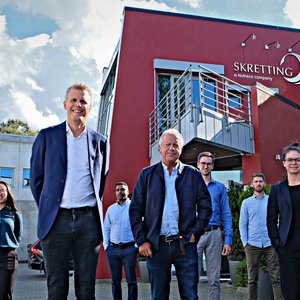Since 2013, the aquaculture industry in the EU has been subject to a set of EU-wide strategic guidelines, which set out standard priorities and targets, to ensure the sector is run and developed sustainably. The European Commission is updating the guidelines in line with recent developments and to help EU countries update their multiannual aquaculture plans.
The Strategic Guidelines for the sustainable development of EU aquaculture, adopted in 2013 (COM 2013/229), have set common priorities and targets for the development of aquaculture activities in the EU. Given developments impacting the sector, including the COVID-19 crisis, as well as the potential of the sector to contribute to policy objectives identified by the new Commission such as decarbonization, sustainable food systems or the economic development of coastal and inland areas, the commission is now reviewing these guidelines to support member states and the sector in further developing aquaculture production in the EU and ensuring the sustainability and competitiveness of this economic activity. This consultation intends to provide the public with an opportunity to contribute to the discussion on the main challenges, opportunities and priorities for EU aquaculture in the future which will feed the review of the strategic guidelines scheduled to be adopted in late 2020.
The consultation is addressed to all stakeholders with an interest in EU aquaculture. In addition to EU member states, other EU institutions, regional and European organizations, this public consultation targets the food and aquaculture industries, including individual aquaculture producers and corporative representations of producers. It is also addressed to civil society organizations, active voices on various aspects of the aquaculture sector, from environmental performance and animal welfare to social rights. Scientists and researchers will also have an interest in this consultation. It also concerns the individual citizen that considers that aquaculture production touches in any way in their personal sphere. In particular, consumers are also interested parties in this survey.
For more information, visit ec.europa.eu.













